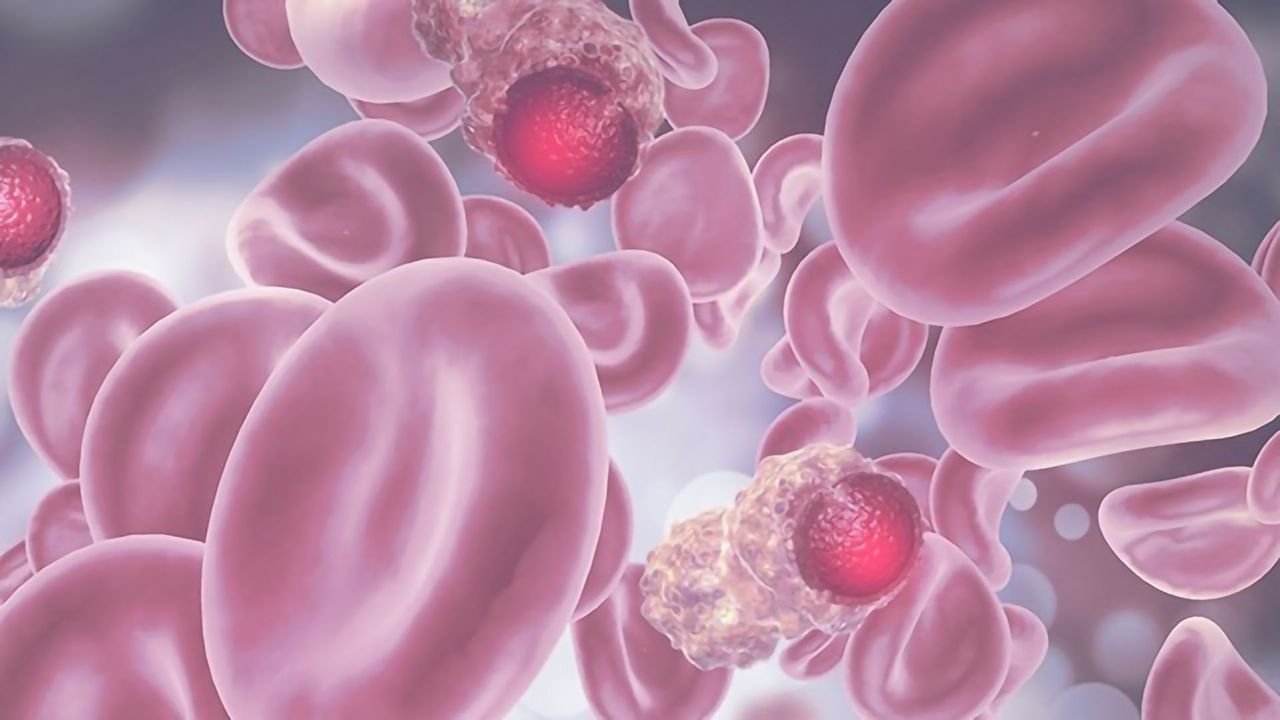Targeting Residual Cancer
June 30, 2022 | Thursday | Views | By Dr Manbeena Chawla
While many forms of cancers are diagnosed at a curable stage, a few patients experience recurrence at a distant site during their lifetime. This is because after treating cancer, any remaining cancer cells in the body can become active and start to multiply, causing a relapse of the disease. Commonly referred to as the minimal or measurable residual disease (MRD), it can be well detected but may remain incurable.
image credit- shutterstock
Use of prognostic molecular tools may be able to directly screen those patients that are most likely to harbour MRD, but the relationship between these predictors and MRD detection is yet undefined. Further challenges include the lack of a definitive assay for MRD with established clinical utility, and difficulty in selecting potential interventions due to limitations in understanding the biology of MRD.
The most widely used tests for MRD detection are flow cytometry (FCM), polymerase chain reaction (PCR) and next-generation sequencing (NGS), depending on the type of cancer. For instance, MRD in case of lymphoma is detected through FCM and PCR, while MRD testing in myeloma uses FCM, NGS and imaging tests.
NGS is considered more accurate at detecting MRD and can lessen the chances of it going undetected. It is also easier to complete in several hours than PCR and FCM, because the process is so automated. Although by using these assays, it can be quantified whether a patient has MRD, the real difficulty lies in fixing it.
In a leukaemia patient, if there is MRD after the first cycle of chemotherapy treatment, it indicates that probably there is a need to give more treatment, either a different medication or a different course of treatment. If there is still MRD after many rounds of chemotherapy, that is an indication that the patient may need to have a stem cell transplant, when otherwise it might not have been appropriate.
In addition, Blinatumomab, a bispecific T-cell engager (BiTE) associated with improved survival in relapsed or refractory acute lymphoblastic leukaemia (ALL), is the only US FDA approved treatment of MRD. But it may cause serious side effects that can be severe or life-threatening. These include cytokine release syndrome (CRS), infusion reactions, and neurologic problems such as seizures, difficulty in speaking or slurred speech, loss of consciousness, trouble in sleeping, confusion and disorientation.
Treating a patient when only MRD is present is preferable to waiting for clinical relapse because the smaller number of tumour cells in MRD increases the chance of eradication of all tumour cells and is associated with a lower likelihood of the following cancer-promoting factors. As a result, certain drugs may have greater efficacy against MRD than against the same cancer at the time of relapse. Additionally, patients may tolerate drugs better when only MRD is present.
As a result, companies across the globe are investing in ideas to enhance MRD detection with a possibility of making it curable in the long run. US-based Twist Bioscience Corporation has launched a custom solution that can be added to a standard NGS workflow, offering fully customisable and highly cost effective panels to detect MRD in as few as five days. On the other hand, US-based C2i Genomics has partnered with an Indian startup Karkinos Healthcare to launch a whole-genome sequencing (WGS) MRD test in the country for the first time.
Ultimately, MRD is a reminder that we need to be more aggressive in cancer treatment to try and prevent the cells from coming back. Thus, there is a need to study these residual cancer cells in order to find new vulnerabilities. Through research, we can hope to identify new treatments that we can use to specifically eliminate MRD. Looking ahead, precise targeting of MRD through genetic, transcriptional, functional, and other predictive biomarkers might be the next step towards improving outcomes for patients.
Dr Manbeena Chawla, Executive Editor, BioSpectrum









